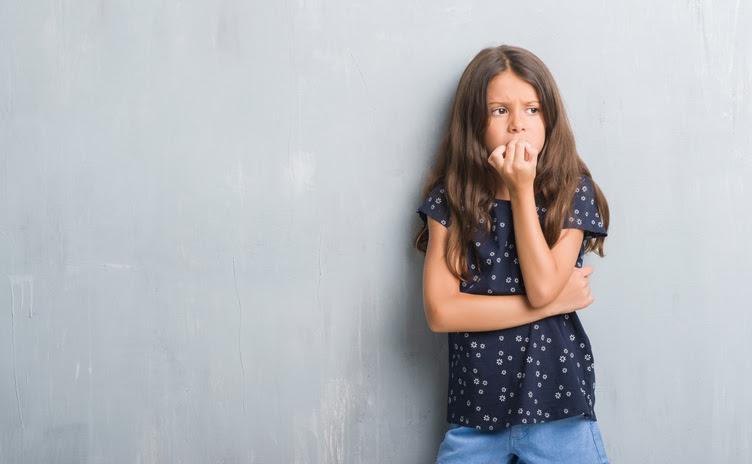Anxiety is frequently observed in children with ADHD, with studies showing that 25-50% of children with ADHD also have an anxiety disorder. Anxiety can influence how well children with ADHD respond to treatments, particularly medications like methylphenidate (MPH). Some research suggests that children with both ADHD and anxiety might respond less effectively to MPH and experience more side effects compared to those without anxiety. However, the Multimodal Treatment Study of Children with ADHD found that while MPH’s effectiveness wasn’t significantly different for those with anxiety, behavioral treatments worked better for children with both conditions. Anxiety is often reported as a common side effect of ADHD medications; however, there has been limited data to support this anecdotal report. Since psychostimulants are the most effective short-term treatment for ADHD, understanding the relationship between these medications and anxiety is crucial for managing children with both ADHD and anxiety.
A 2015 meta-analysis performed by researchers at Yale University found that children with ADHD who were treated with psychostimulants had a lower risk of anxiety compared to those given a placebo. Interestingly, higher doses of these medications were linked to even lower rates of anxiety. This finding goes against the common belief and FDA guidelines that suggest anxiety is a typical side effect of psychostimulants. While some have thought that anxiety might predict a poor response to ADHD medication or that behavioral therapy might be better for those with anxiety, the study suggests that psychostimulants do not generally worsen anxiety and may even help reduce it. This reduction in anxiety might not be due to the medication directly treating anxiety but rather because it helps improve ADHD symptoms, which in turn reduces situations that could cause anxiety, like academic struggles or conflicts with peers and parents. The researchers recommend that doctors consider continuing psychostimulant treatment in children who show significant improvement in ADHD symptoms, even if they report anxiety, as the anxiety might not be directly related to the medication. The study also calls for more research with standardized methods to better understand the relationship between psychostimulants and anxiety in children with ADHD.


